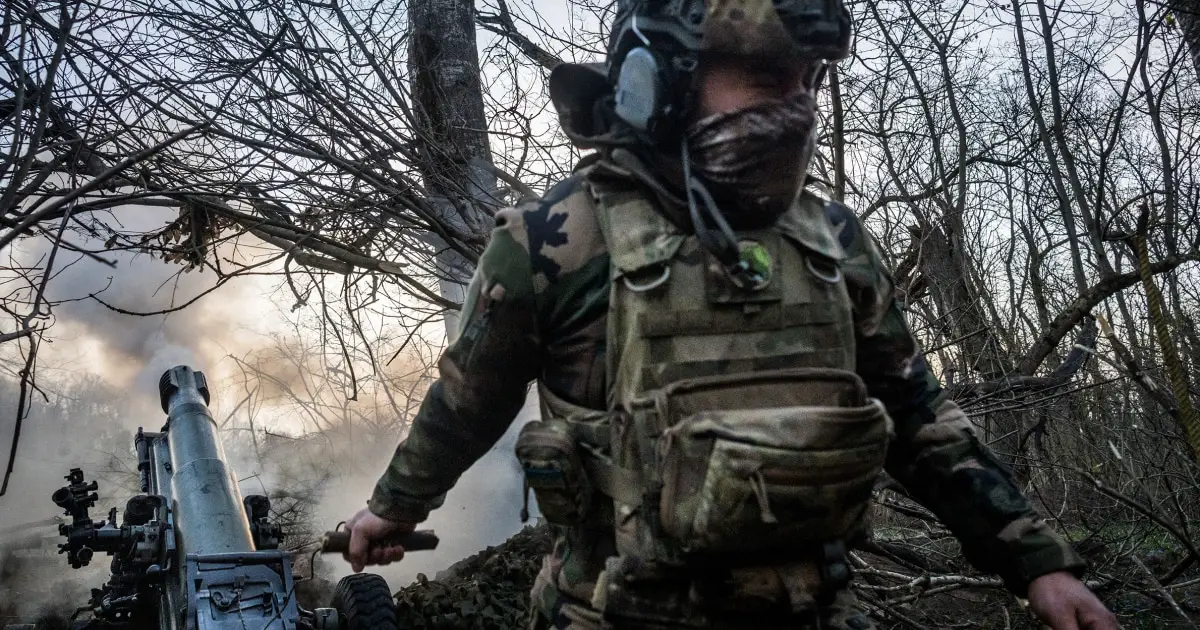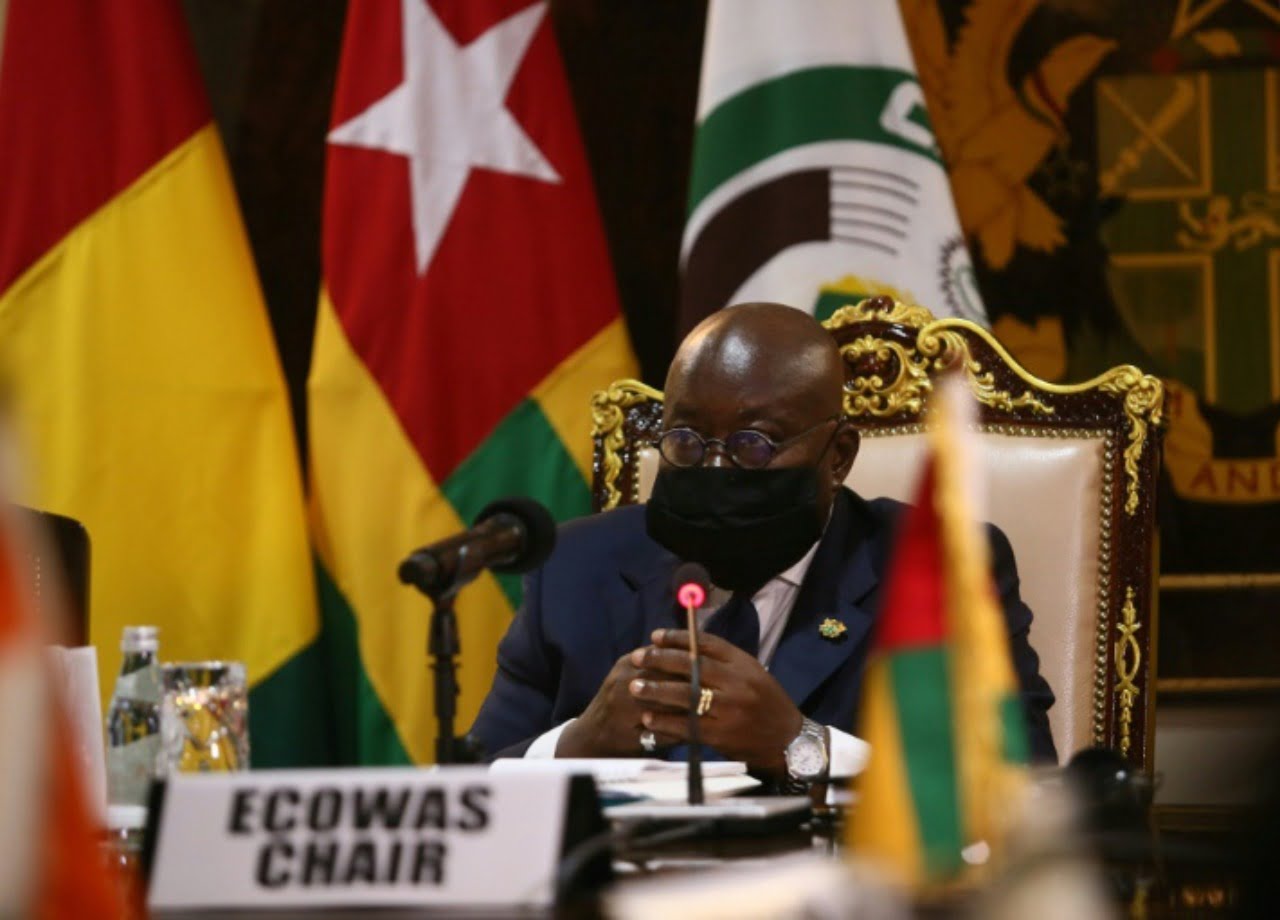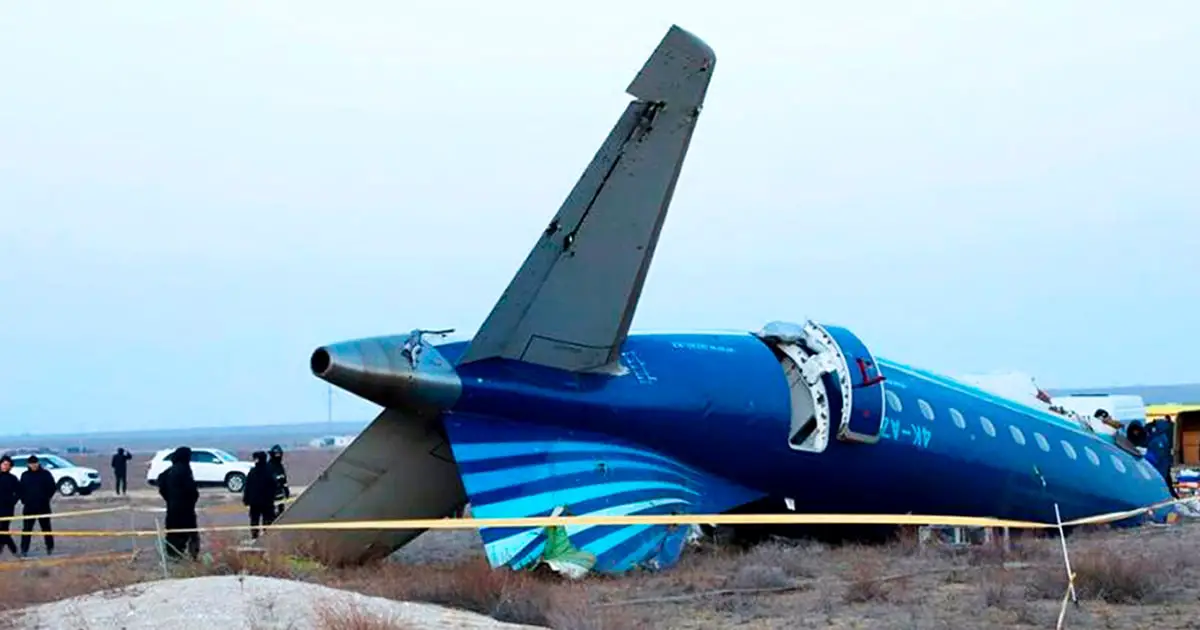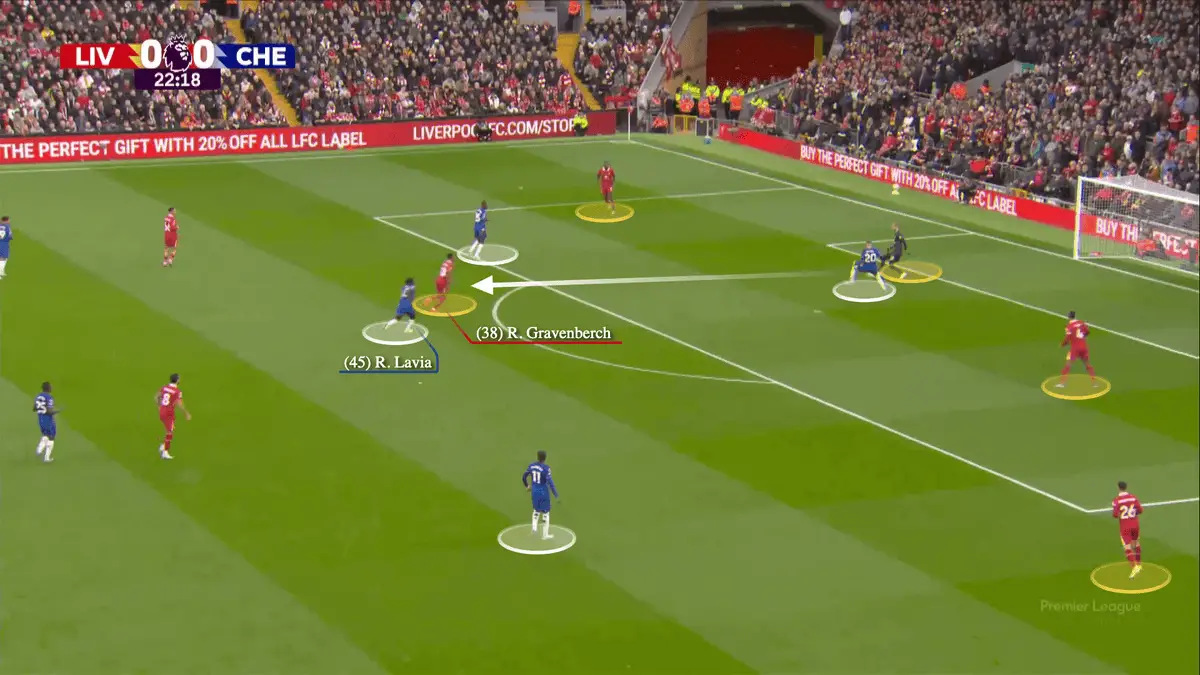
He said he hoped the supplies would start reaching the frontlines by the time of the anticipated Russian offensive this summer, because it would determine where Ukraine’s troops can stop them.
While grateful that a decision had finally been made in Congress, the soldier said the political infighting over the aid had left him with “an aftertaste” of disappointment. “The six months of shuffling, behind-the-scenes games, it was a sad sight,” he said.
Some civilians in Kyiv expressed similar concerns about when the aid would arrive and in what amounts, as well as lack of clarity among the Ukrainian public about how much the country will ultimately have to pay for the desperately-needed help.
“It’s better than nothing,” said Georgiy Poliarush, 45. “War is a complicated thing in any case, but I think it will help. What will happen next and how much we will have to pay for it is a different question.”
The Kremlin has rejected the notion that the newly-approved U.S. aid will make any difference on the frontlines. “All these new arms supplies that are most probably ready to be dispatched will not change the dynamics at the war front,” spokesman Dmitry Peskov said Wednesday.
But while Washington’s aid package may not immediately transform the battlefield situation, it is an important development that weakens Russia, said Christopher Tuck, an expert in conflict and security at King’s College London.
“We know that it won’t be transformational because Ukrainian forces were unable to achieve a decisive battlefield success last summer even though they had more aid than is being provided now,” Tuck said.
But the congressional vote to approve the aid demonstrates politically that the U.S. is still behind Ukraine, Tuck said, because Russian hopes of ending the war on more favorable terms are pinned on the belief that the tide has turned in its favor not just on the battlefield but in the halls of power, too.
“Replenishing Ukraine’s firepower is likely to increase Russian losses even further and this may help to slow, or halt, their advances,” he added. “This is important because, for any kind of peace settlement to emerge, Russia first has to believe that continuing to fight will not improve their bargaining position.”
Daryna Mayer reported from Kyiv, and Yuliya Talmazan from London.







